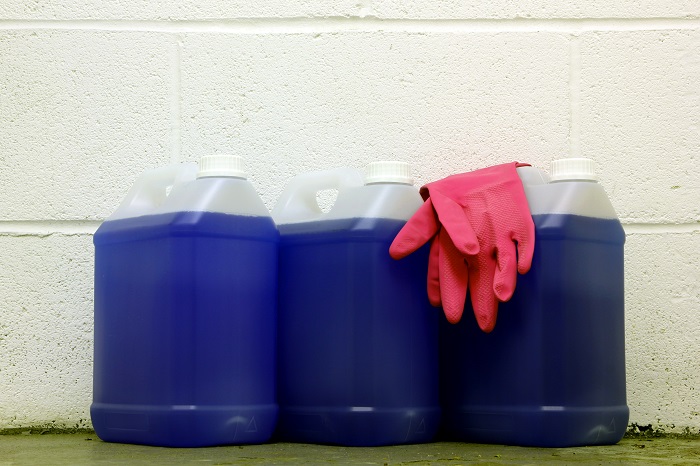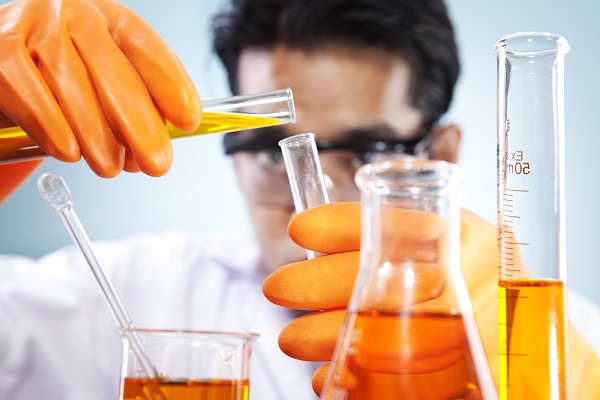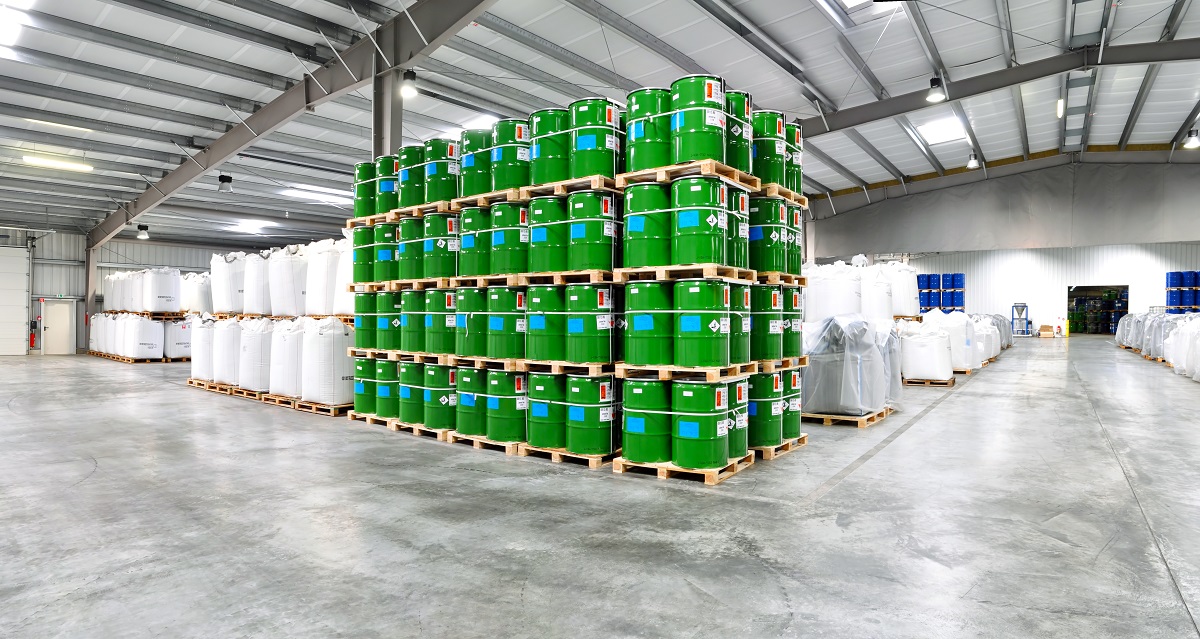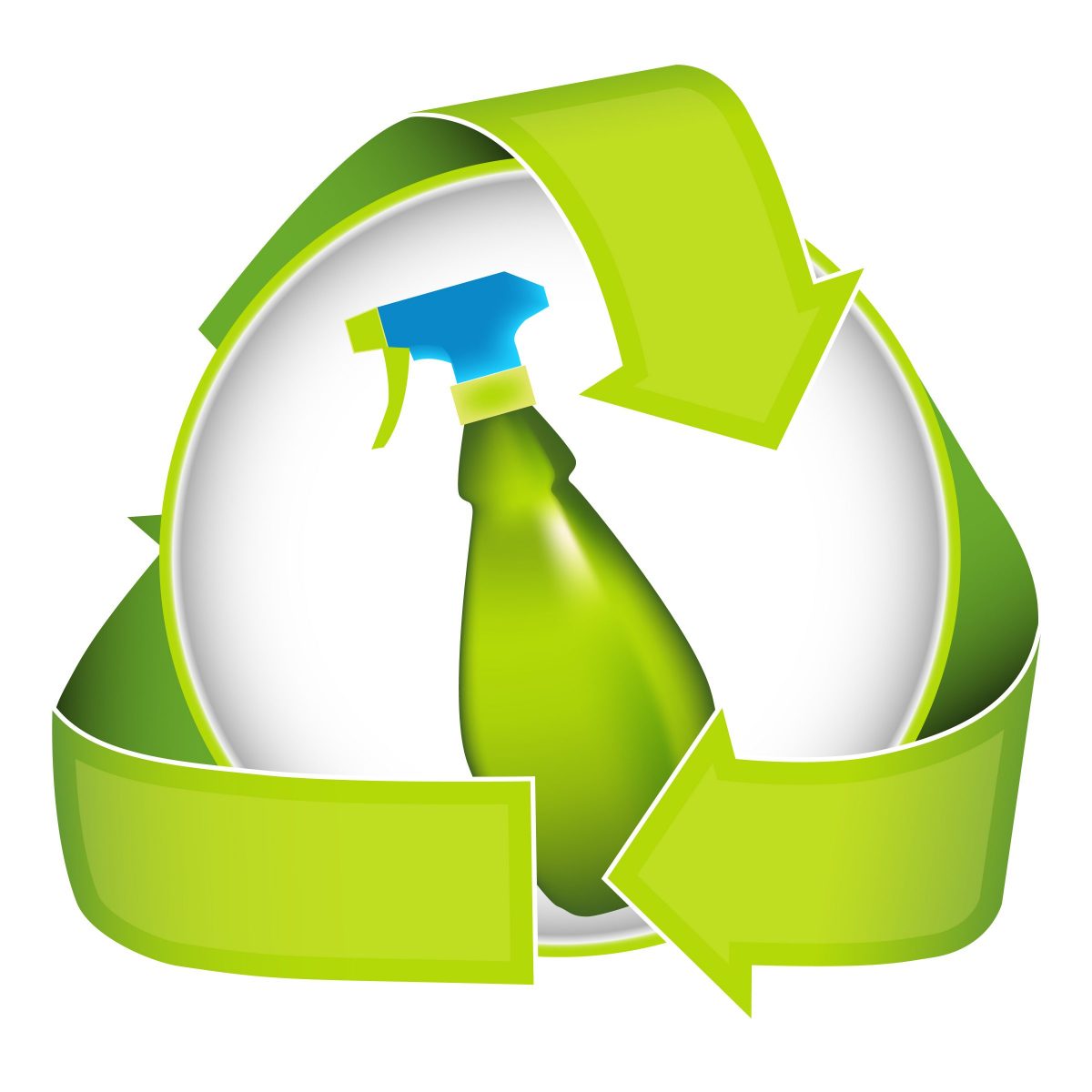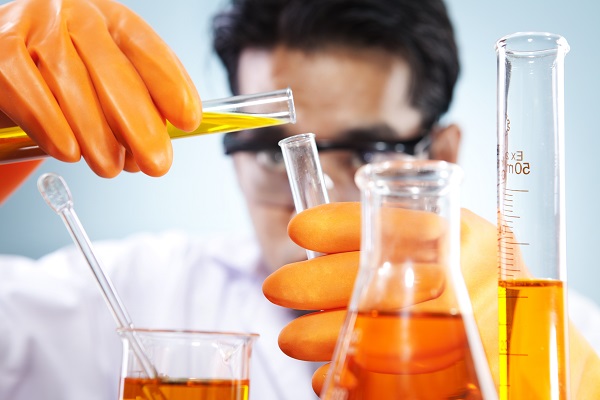In the sustainability and reduced environmental impact, many businesses are turning to alternative fuels as a viable solution for their energy...
Blog


CHEMICAL INDUSTRY NEWS
Chemical Chat – Discover What’s New!
Ethyl Acetate vs. Hexane: Polarity Comparison
Polarity can be a bit of a tricky subject in chemistry. Not only are a majority of the major concepts somewhat unintuitive until you have a decent...
Ester or Not? The Truth About Ethyl Acetate
When it comes to identifying compounds, chemists like to use “groups” to distinguish molecules. For example, every alcohol compound has an alcohol...
5 Uses For Ecolink 4005 Non-Flammable Solvent
Solvents are defined as substances capable of dissolving multiple phases of matter. These substances are not only...
Ethyl Acetate vs. Hexane: Polarity Comparison
Polarity can be a bit of a tricky subject in chemistry. Not only are a majority of the major concepts somewhat...
Company News
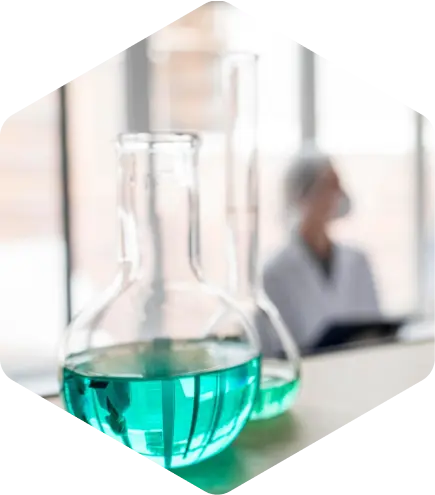
Managed Services
Discover the Latest in Safe and Sustainable Chemical Solutions
Stay informed with Ecolink’s blog! Subscribe now
Chemical Management Information
Stay updated with us
Sign Up for the Latest Updates
Stay informed about chemical supply chain disruptions and emerging innovations to keep your business at the forefront of efficiency and innovation. Uncover new ways to make your business practices more sustainable by incorporating safer products into your cleaning lineup.

















